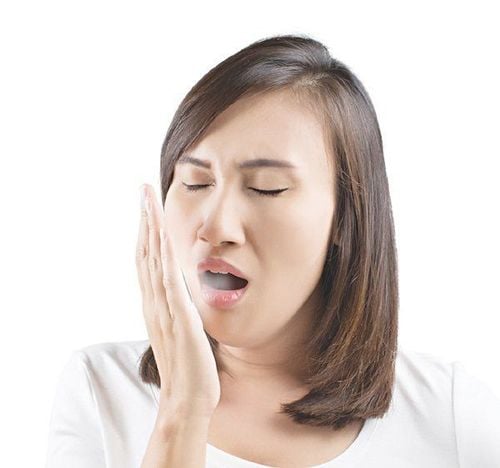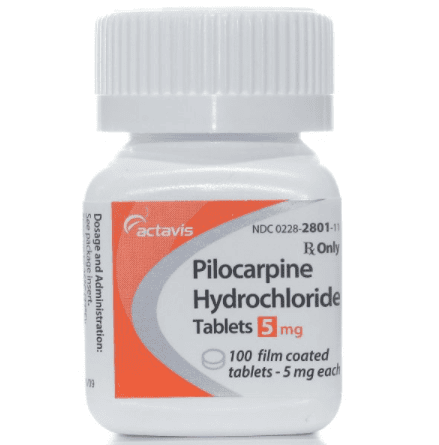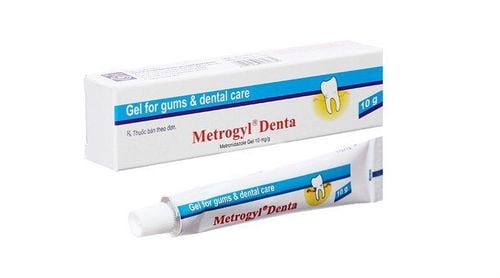This is an automatically translated article.
The article was professionally consulted by BSCK II, Senior Doctor Doan Du Dat - General Internal Medicine Doctor - Department of Medical Examination and Internal Medicine, Vinmec Ha Long International Hospital.Bad breath affects our daily activities, making us less confident when communicating. Around this issue, there are many questions raised such as what disease is bad breath, why oral hygiene is clean but bad breath is bad. Let's find out the answer through the article below.
Bad breath occurs when natural bacteria in the oral cavity break down food particles that exist between teeth and along the gum line, especially on the tongue. This process releases a series of foul-smelling compounds in the mouth.
1. Causes of bad breath
Bad breath after waking up in the morning: Saliva plays a role in cleaning the bacteria that cause odor in the mouth. When you sleep long at night, the amount of saliva secreted is not enough, so these bacteria grow more, causing bad breath. However, bad breath in the morning is completely normal, researchers call this "morning halitosis".Bad breath when breathing through the mouth: Breathing through the mouth causes saliva to evaporate and dry out the mouth, resulting in a reduced ability of saliva to clean bacteria. Some people breathe through their mouth while sleeping and possibly exercising. To fix it, just remember to stay hydrated while working out.
Eat smelly foods: Onions and garlic are two foods that cause bad breath. In addition, some other spices or cabbage, cauliflower, radish also cause bad breath. Although the smell of these foods may go away after about 1-2 hours, when belching, the smell from the food can still return. Thus, the bad smell from food comes not only from the mouth, but also from the digestive tract.
Fasting: Fasting, or skipping meals will cause bad breath. The reason is that when not eating, the mouth will not produce much saliva. In addition to cleaning food particles, saliva also helps break down food to make it easier to get food down the throat.
Smoking: Bad breath is one of the consequences of smoking. Smoking both increases the amount of odor-causing compounds in the mouth and lungs, and dries out the mouth, leading to less saliva production.
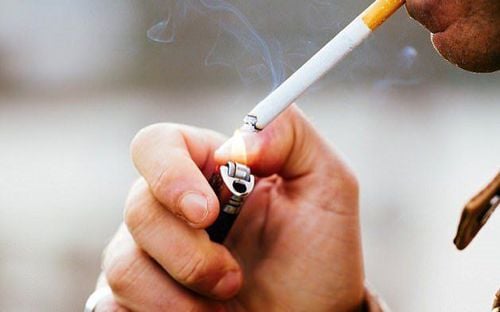
Hút thuốc lá gây hôi miệng
Nasal congestion: The mucus in the nose acts as a filter for all inhaled foreign particles. With a stuffy nose, mucus begins to build up in the back of the throat, causing foreign particles to be inhaled into the mouth, settling on the surface of the tongue and causing bad breath.
Diet: Losing weight by cutting down on carbohydrates will increase the level of bad breath.
Cavities: Plaque that accumulates on teeth can wear down teeth and cause tooth decay. When you have tooth decay, it is also more difficult to clean your teeth, which easily leads to more bad breath.
Braces and fixed devices: Food will stick to braces and orthodontic devices such as dentures and fixed bridges, making oral hygiene more difficult, leading to bad breath .
Drinking alcohol: When drinking alcohol, the body will convert alcohol into a substance with an unpleasant smell. In addition, the alcohol in alcohol also causes dry mouth, especially when sleeping. Therefore, when choosing to buy an antibacterial mouthwash, it is necessary to check whether the product's composition contains alcohol.
Heartburn, belching: Most cases of bad breath are caused by bacteria in the mouth, however, bad breath can also be caused by gastroesophageal reflux disease. When reflux occurs, part of the food in the stomach will be pushed back into the esophagus, damaging throat tissue and causing bad breath.
Sore throat: A sore throat is a bacterial, not viral, infection that causes bad breath. Pharyngitis also causes cells to decompose and causes bad breath in the mouth. In addition, people with diseases such as genital warts, gonorrhea in the mouth, throat, etc., the oral cavity often has many viruses, bacteria, or symbiotic Candida fungi, causing sore throat, sores in the throat. pseudomembranous membranes in the throat and cause bad breath.
High blood sugar: If your breath smells sweet like sugar, it could be a sign of type 1 diabetes.
Sjogren's syndrome: Sjogren's syndrome is an immune system disorder that often occurs in middle-aged women as well as people with other autoimmune conditions such as rheumatoid arthritis and lupus. People with Sjogren's syndrome often experience dry mouth, which increases the risk of bad breath.
Parasitic and helminthic infections: Parasites and helminths not only live in the stomach, but also live in other parts of the body. They destroy internal organs, reproduce and secrete substances that are toxic to the body, causing bad odors through the mouth. If left for a long time, it will be very dangerous, bad breath caused by parasitic infections can develop into a serious disease, potentially leading to death.
Poor oral hygiene: This is considered the leading cause of bad breath. When food sticks between teeth and gums, bacteria will enter and cause bad odors. When you have bad breath, using only mouthwash or gum will not kill the bacteria because this is only a temporary solution.
2. How to cure and prevent bad breath
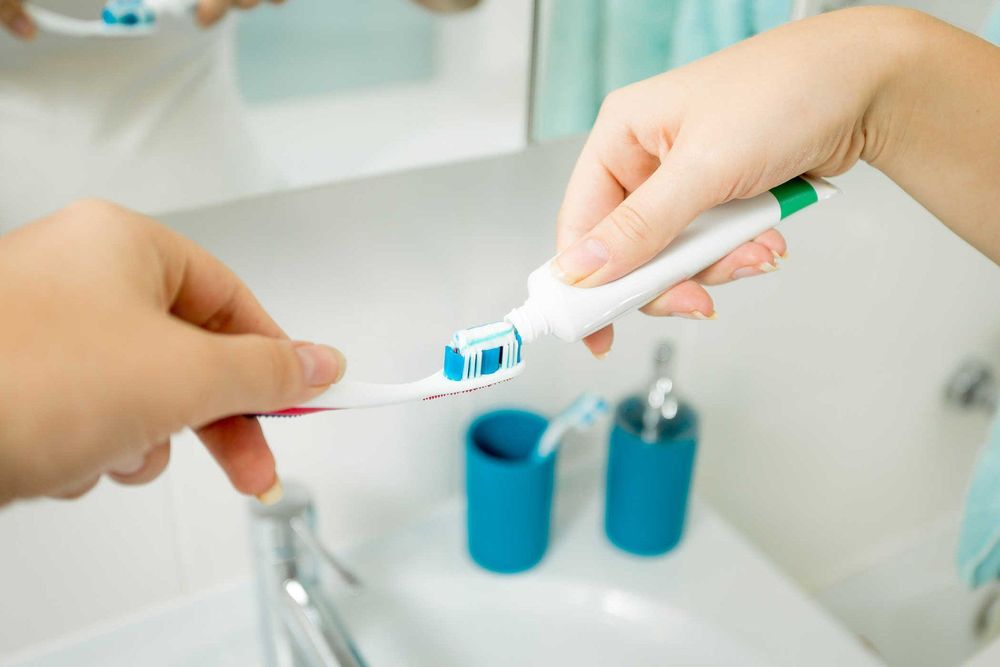
Đánh răng đều đặn 2 lần/ngày nhằm ngăn ngừa hơi thở có mùi
Brush your teeth twice a day for at least 2 minutes. After each meal, you can wait at least 30 minutes to brush your teeth. If you brush your teeth right after eating, the acid can attack the enamel, making it vulnerable. When brushing your teeth, remember to brush your tongue clean, because this is where many bacteria and food debris hide in saliva; Change the brush about every 3 months; Use toothpaste containing fluoride; Use dental floss to clean between teeth; Use mouthwash to keep your breath fresh. Limit drinking coffee, smoking, using alcoholic beverages; Drink plenty of water to stimulate saliva production. If you have persistent bad breath, you need to see a doctor for advice, because you may have dental problems or health problems.
Please dial HOTLINE for more information or register for an appointment HERE. Download MyVinmec app to make appointments faster and to manage your bookings easily.




